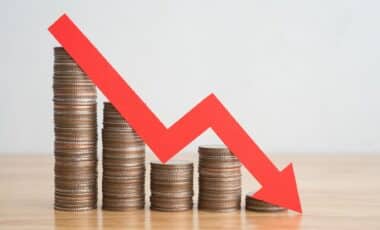UK exporters brace for impact after US announces 10% blanket import duty and 25% levy on key sectors including steel and automotive. Business leaders warn of financial disruption and call for urgent government support.
The announcement of sweeping US tariffs under President Donald Trump has triggered alarm across British business circles. The measures include a 10% tariff on UK goods and higher duties of 25% on specific products such as cars, steel, and aluminium.
While the UK had hoped to escape the full brunt of such trade actions, its economic interdependence with global markets makes it vulnerable to broader disruptions.
Financial experts and business organisations have urged the UK Government to prepare immediate mitigation strategies to prevent long-term damage to small and medium-sized exporters.
UK Exporters Face Cost Pressures and Market Uncertainty
British companies that rely heavily on the US market are among the most exposed to the new tariffs. According to the Federation of Small Businesses (FSB), 59% of UK small exporters currently sell into the United States.
The FSB has described the situation as a “major blow” for these firms, many of which are already contending with sluggish domestic growth and rising input costs.
Tina McKenzie, FSB policy chair, warned that “tariffs will cause untold damage to small businesses trying to trade their way into profit while the domestic economy remains flat.”
The organisation is now calling on the government to consider emergency support for at-risk SMEs, arguing that the tariffs will stifle expansion and reduce global competitiveness.
The Confederation of British Industry (CBI) has also raised concerns, with Chief Executive Rain Newton-Smith urging the government to avoid any retaliatory measures that might further destabilise global supply chains.
“A cool and calm reaction from the UK Government is the right response,” she stated, warning that escalation would only increase investment uncertainty and price volatility.
Tariffs Trigger Market Jitters and Strategic Reassessment
The financial response has been immediate. Futures trading for the S&P 500 fell by 1.7%, and the US dollar weakened against both the pound sterling and the euro.
According to Hargreaves Lansdown’s head of money and markets Susannah Streeter, investor unease is growing as “threats have turned into facts.”
Meanwhile, UK exporters are reassessing their market strategies. Emma Rowland, trade policy adviser at the Institute of Directors, highlighted the strategic dilemma facing exporters:
“Exporters to the US will be forced to review the viability of the US as a destination for their goods, and as a supply chain location.”
Industries with strong US exposure—such as automotive, pharmaceuticals, chemicals, and whisky—may now be forced to absorb cost increases or risk losing competitiveness in a key market.









